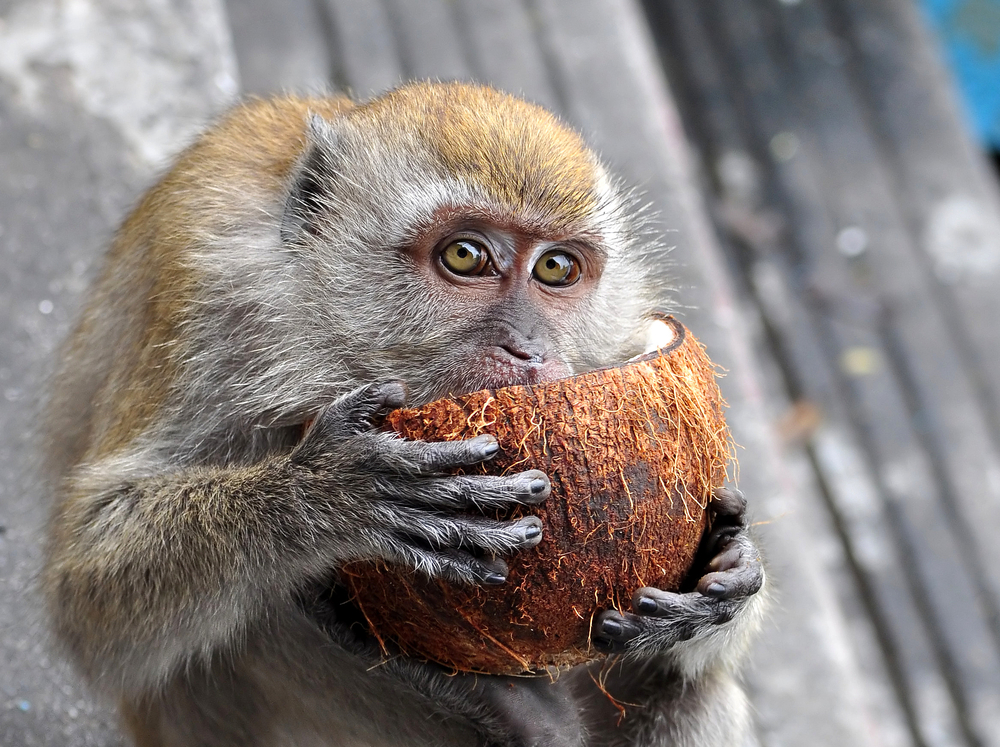
Researchers show animals aren’t necessarily as resource-greedy as previously thought, in part thanks to maternal diets during pregnancy.
For quite some time now biologists have known that the environmental conditions a mother is exposed to during pregnancy can have important and long-lasting effects on her offspring. Genetically speaking, these factors are called maternal effects—conditions where the genetic phenotype of young is altered by mum’s surroundings.
‘Maternal effects are widespread in nature and have the potential to influence population dynamics,’ write University of Edinburgh and University of Stirling researchers in their January Proceedings of the Royal Society B study, ‘However they are very rarely included in models of population dynamics.’
The team built a mathematical computer model to explore the impact of a recently discovered maternal effect on population size, specifically how a mother’s food availability during pregnancy dictates the appetite of her young. Using the model, they found this effect actually helped protect populations from intense growth explosions and crashes, coupling an infant’s dietary demands with current resource abundance. In other words, hungry mothers’ yield naturally less hungry youngsters, less likely to eat their way out of a future.
Dr. Tom Little, with the University of Edinburgh’s School of Biological Sciences, who led the study, said: ‘How much a mother eats pre-sets the appetite of her offspring. This effect seems to help keep populations of wild animals stable, and may help them avoid extinction.’
These findings go directly against the accepted paradox of enrichment theory, the belief that surges in resources ultimately destabilize populations, stimulating boom and bust scenarios. Though never proven in the wild, this theory assumes animals are by nature greedy, running through bonus food stuffs at a fast and furious rate until they’re gone and then suffering the consequences through mass die-offs and starvation.
The team’s conclusions instead suggest that wild populations are regulated by factors such as this maternal appetite effect, staving off these nasty ups and downs. Their findings represent a feedback system by which predators can interact with their prey, adjusting with their dinner’s population changes, the authors point out in their study.
While it will take more such research to replace current thought on how animals respond to resource influxes, the team’s work is a big step in the right direction towards proving wild species are more prone to restraint than excess when it comes to mealtime—from a population perspective at least.
But consider changing your mind on the matter before the science is in; there was never really any wild-acquired evidence to support the paradox of enrichment theory to begin with. It may be time to face a more personal truth, that no matter how much we humans try to project our shortcomings on nature, most simply don’t stick.
